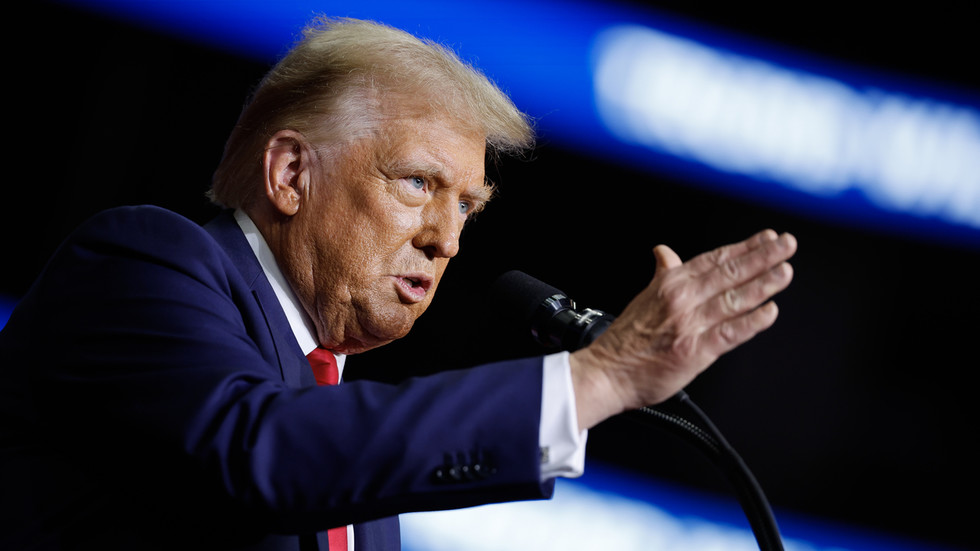As winter approaches, the German Government is facing growing calls to extend controversial energy subsidies beyond the end of the year.
Subsidies for households and businesses were introduced last year to partially offset massive energy price increased in Germany in the wake of Russia’s full-sale invasion of Ukraine.
Germany had long been heavily dependent on Russian gas for energy supplies, but Moscow largely halted deliveries following stiff German and European Union sanctions.
On Wednesday, leaders of the German Federation of Trade Unions (DGB) and the Federation of German Consumer Organisations (vzbv) both called on the government to extend the subsidy scheme to 2024.
“This will protect private households from further price increases for electricity, gas and district heating in the coming winter,’’ said vzbv Chairwoman Ramona Pop.
The DGB trade union group and the Hans Böckler Foundation, a think tank with deep ties to organised labour, jointly called for extension of energy subsidies for businesses until up to 2030.
They feared that, otherwise, hundreds of well-paid union jobs in German industry could be at risk.
The subsidy scheme, known in Germany as a price brake, puts a partial cap on the cost of electricity and gas for private households.
The subsidies kick in for electricity prices above 0.40 euros (0.43 dollars) per kilowatt hour for electricity and 0.12 euros per kilowatt hour for gas.
dpa/NAN



